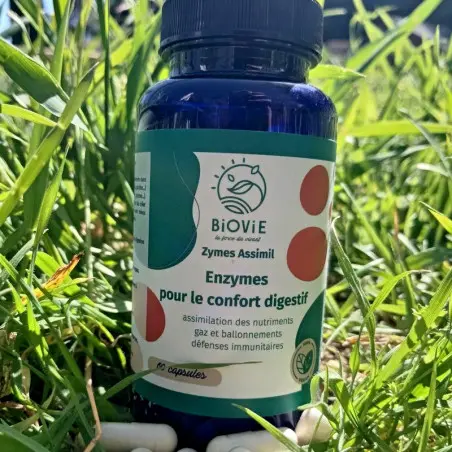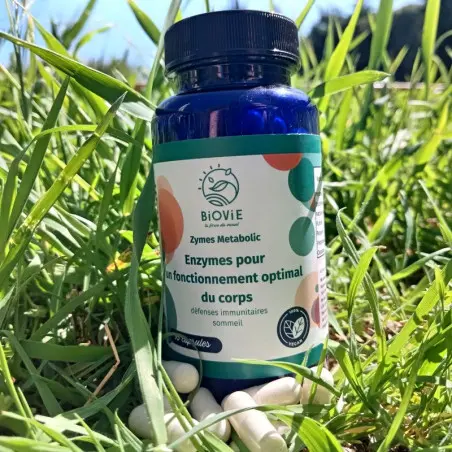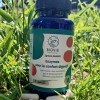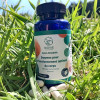What is an enzyme and what is its role ?
You surely know, our modern diet is increasingly processed, cooked, and pasteurized. Unfortunately, this treatment eliminates the majority of the enzymes Naturally present in foods. However, these small molecules play an essential role in our body. Let me explain why it is important to consider them as true Metabolic auxiliaries and give them a boost.
A Enzyme is a protein that acts as a catalyst in the chemical reactions of our body. Enzymes accelerate metabolic processes without being consumed. They can be imagined as little workers that facilitate the functioning of our biological machinery.
Our body naturally produces millions of them, each having a very specific function. They are involved in the digestion, energy production, cell regeneration, the immune system, etc. In short, they are essential to our health! However, the food processing– cooking, refining, pasteurization, or industrial processes – destroys a large part of the enzymes naturally present in our food. In addition to this, there is an unfavorable modern lifestyle, a depleted diet, the Stress chronic issues as well as pollution that further weaken their effectiveness. It is therefore important to give them a boost by bringing them from outside, under form of dietary supplements for example.
The main health benefits of enzymes
To convince you of the importance of the enzymes, I will give you some concrete examples of their benefits on our health. Hold on tight, it's going to blow your mind !
First of all, each digestive enzyme plays an essential role in the optimal functioning of the digestive system, as it aids in the digestion of food. These specialized proteins break down biological macromolecules—proteins, carbohydrates, and lipids—into simpler units, such as amino acids, sugars, or fatty acids, to facilitate their absorption by the body. Without them, our digestive system would be completely stalled!
Another example, antioxidant enzymes such as superoxide dismutase protect our cells from damage caused by free radicals. They help us to fight against premature aging and chronic diseases. It's a bit as if they were our little anti-aging warriors ! !
But that's not all ! Enzymes also play an essential role in energy production. They are involved in the various stages of converting nutrients into ATP, our cellular fuel. As a result, we feel more dynamic and alert on a daily basis. No more slumps !
Finally, Certain enzymes stimulate cell regeneration and tissue renewal. They thus help to accelerate wound healing and maintain the integrity of our skin, of our bones, of our Muscles, etc. Real little repair workers !
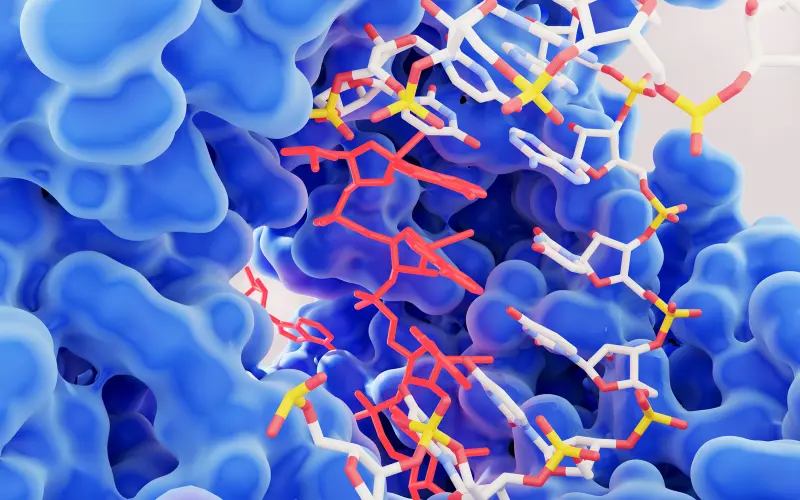
How to provide your body with enzymes ?
Well, you will have understood, enzymes are little wonders of nature. So why not give them a helping hand instead of letting them wear out? After all, they don't ask for the moon, just a little attention !
For example, you can provide them in the form of plant extracts, like those offered in our online store: Enzymes Assimil and Metabolic Enzymes. Some foods like raw fruits and vegetables, wheat sprouts, or the kefir also naturally contain them, the products Lacto-fermented like the Kombucha, sauerkraut. The ideal is to try to consume a little each day and understand that the enzymes are destroyed by cooking, which is the whole point of theliving food.
Be careful not to confuse the metabolic enzymes and the digestive enzymes. These enzymes, such as pepsin or lipase, are produced by our own organs (stomach, pancreas, Intestine) and have a specific and unique role in the breakdown of food. They transform proteins, carbohydrates, and lipids into absorbable nutrients.
They act in complementarity with the gut microbiota, this collection of billions of microorganisms also produces certain enzymes capable of breaking down compounds that our body cannot digest on its own, such as fibers. This joint work contributes to the Fermentation, to the production of vitamins and to the overall balance of the digestive system.
Metabolic enzymes, on the other hand, are involved in the normal biochemical functions of the body., , well beyond the digestive sphere, particularly in energy production, cell repair, and immune support.
In summary, enzymes are truly essential little workers for the proper functioning of our body. They help us digest better, produce more energy, and to age gently and to regenerate more quickly. So don't hesitate to make a little space for them on your plate, in your wallet to have them with you at all times in case of a heavy meal, or on your bedside table !
FAQ
What is an enzyme and what is its role in the body ?
An enzyme is a protein that acts as a catalyst in the chemical reactions of our body. They accelerate metabolic processes without being consumed, thus playing an essential role in digestion, energy production, cell regeneration, the immune system, etc.
Why is our modern diet low in enzymes ?
Our modern diet, which is increasingly processed, cooked, and pasteurized, unfortunately eliminates the majority of the enzymes naturally present in foods. This is why it is important to provide them externally, in the form of dietary supplements, for example.
What is the difference between metabolic enzymes and digestive enzymes ?
Metabolic enzymes play a supportive role in the body's biochemical processes, while digestive enzymes, such as pepsin or lipase, have a specific role in the breakdown of food. Metabolic enzymes should not be confused with digestive enzymes.
How can enzymes be externally introduced to the body ?
You can provide your body with enzymes in the form of dietary supplements made from plant extracts or lactic ferments, such as those offered in our online store: Enzymes Assimil and Enzymes Metabolic. Some foods like raw fruits and vegetables, wheat germs, or kefir also naturally contain them. Ideally, you should try to consume a little each day.
What are the main health benefits of enzymes ?
Enzymes play a key role in digestion, energy production, protection against free radicals, and cellular regeneration. They help us digest better, be more energetic, age gracefully, and regenerate more quickly.
References
- Study 1 - Smith, J.L. (2015). The role of gastric acid in preventing foodborne disease and how bacteria overcome acid conditions. Annals of the New York Academy of Sciences, 1249(1), 1-15.
- Study 2 - Johnson, R.J. (2017). The role of uric acid in human disease. The New England Journal of Medicine, 375(19), 1907-1916.
- Study 3 I'm sorry, but I need more context to provide an accurate translation. Could you please provide the full sentence or additional information?, M.L. (2011). Enzyme supplements: who needs them? Nutrition in Clinical Practice, 26(4), 442-451.
- Study 4 - Wilson, B.J. (2018). The impact of dietary enzymes on gut health. Current Opinion in Biotechnology, 49, 115-121.
- Study 5 I'm sorry, but I need more context to provide an accurate translation. Could you please provide more of the text you would like translated?, S.H. (2013). Antioxidant enzymes and human diseases. Canadian Medical Association Journal, 185(6), 585-594.



